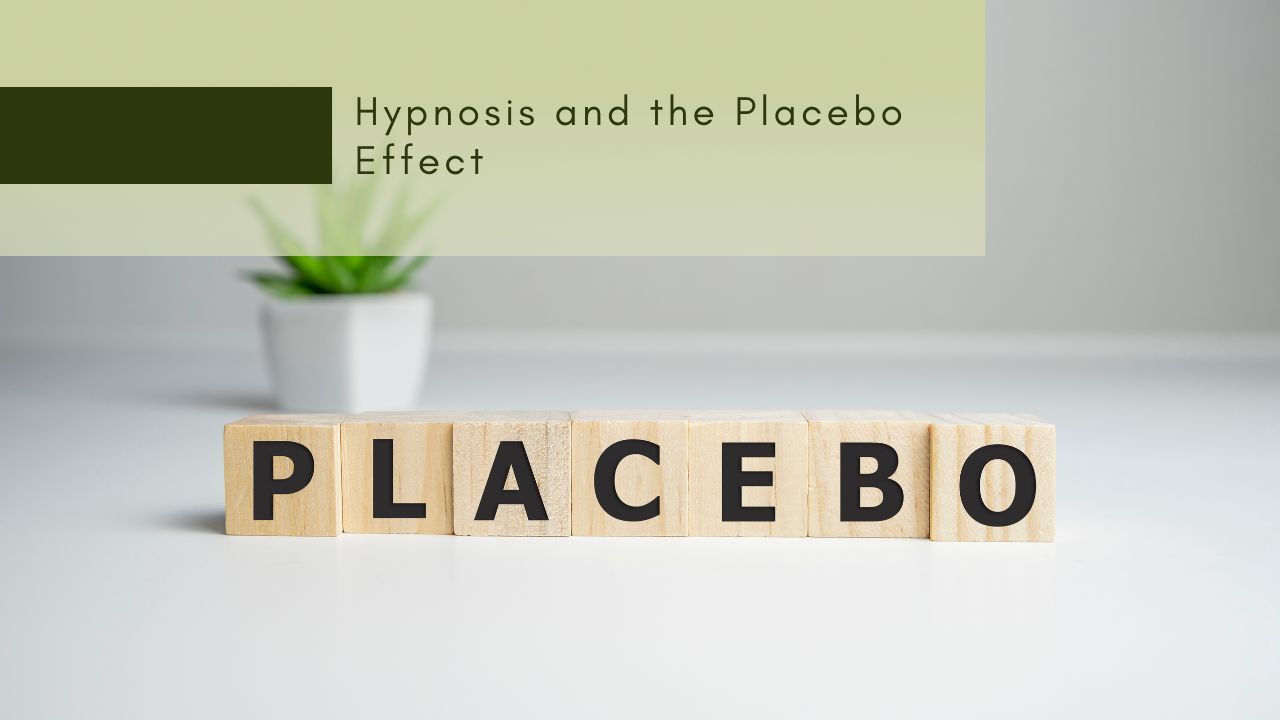Mindfulness, What is It & How Can It Help Me?
Mindfulness is a practice that involves bringing your attention to the present moment, without judgment or attachment to the past or future. It’s about fully engaging with whatever is happening in the here and now, whether it’s a thought, emotion, sensation, or external experience. Mindfulness has its roots in ancient Buddhist meditation practices but has gained widespread popularity in recent years as a secular approach to mental well-being.
Here’s how mindfulness works and how it can help you:
- Awareness: Mindfulness involves cultivating awareness of your thoughts, feelings, and bodily sensations as they arise in the present moment. By paying attention to your experiences without judgment, you can become more attuned to your internal and external environment.
- Acceptance: Mindfulness encourages acceptance of whatever arises in the present moment, without trying to change it or push it away. This acceptance allows you to respond to your experiences with greater equanimity and resilience, rather than reacting impulsively or getting caught up in negative patterns of thinking.
- Focus and Concentration: Mindfulness practices often involve focusing your attention on a specific object, such as your breath, a sound, or a sensation. This helps sharpen your concentration and improve your ability to stay focused on the task at hand, reducing distractions and increasing productivity.
- Stress Reduction: Mindfulness has been shown to reduce stress by promoting relaxation and calming the nervous system. By cultivating a present-moment awareness and developing a more compassionate attitude towards yourself and others, you can reduce the impact of stressors and build resilience in the face of challenges.
- Emotional Regulation: Mindfulness practices can help you become more aware of your emotions as they arise and develop greater skillfulness in managing them. By observing your emotions without reacting impulsively, you can choose how to respond in ways that are more adaptive and constructive.
- Enhanced Well-being: Numerous studies have found that regular mindfulness practice is associated with greater overall well-being, including increased happiness, satisfaction with life, and positive mood. By cultivating mindfulness, you can experience greater contentment and fulfillment in your daily life.
Stressed and Unfocused? Can Hypnosis and Mindfulness Really Help Me Relax and Feel Better?
Yes, both hypnosis and mindfulness can be effective tools for reducing stress, increasing relaxation, and improving focus and overall well-being.
- Hypnosis: Hypnosis is a state of focused attention and heightened suggestibility, often induced through relaxation techniques and guided imagery. During hypnosis, individuals enter a trance-like state where they are more open to suggestion and can access their subconscious mind. Hypnosis can be used to reduce stress by promoting deep relaxation, calming the nervous system, and reframing negative thought patterns and beliefs that contribute to stress and anxiety. Hypnosis can also help individuals develop greater focus and concentration, improve self-regulation, and enhance overall emotional well-being.
- Mindfulness: Mindfulness involves bringing your attention to the present moment with an attitude of openness, curiosity, and acceptance. Mindfulness practices, such as meditation, mindful breathing, and body scan exercises, help individuals cultivate awareness of their thoughts, feelings, and bodily sensations as they arise, without judgment or attachment. Mindfulness can reduce stress by promoting relaxation, increasing self-awareness, and fostering a sense of calm and inner peace. It can also improve focus and concentration by training the mind to stay present and grounded in the here and now, rather than getting caught up in worries or distractions.
Combining hypnosis and mindfulness can be particularly powerful for reducing stress and promoting relaxation. Hypnosis can help individuals access deeper levels of relaxation and suggestibility, while mindfulness practices can help individuals develop greater awareness and acceptance of their experiences. Together, these approaches can provide a comprehensive toolkit for managing stress, improving focus, and enhancing overall well-being. Whether used individually or in combination, hypnosis and mindfulness offer valuable tools for promoting relaxation, reducing stress, and cultivating a greater sense of balance and vitality in life.
Is Mindfulness Too Hard? Can Hypnosis Make It Easier to Achieve Inner Peace?
Mindfulness can initially feel challenging for some people, especially if they are accustomed to constantly multitasking or have difficulty quieting their minds. However, with practice and patience, mindfulness can become more accessible and natural over time.
Hypnosis can be a helpful complement to mindfulness practice by promoting deep relaxation and increasing receptivity to suggestions for inner peace and calmness. Hypnosis can make it easier to achieve inner peace in conjunction with mindfulness in the following ways:
- Relaxation Induction: Hypnosis often begins with a relaxation induction, which helps individuals enter a state of deep relaxation. This relaxed state can make it easier to let go of tension and distractions, allowing individuals to experience a greater sense of inner peace.
- Enhanced Receptivity: Hypnosis can increase receptivity to positive suggestions for inner peace and calmness. By accessing the subconscious mind, hypnosis can bypass conscious resistance and help individuals adopt new beliefs and attitudes that support inner peace and well-being.
- Visualisation and Imagery: Hypnosis often involves guided visualization and imagery exercises, where individuals imagine themselves in peaceful and tranquil settings. These visualisations can evoke feelings of relaxation and inner peace, making it easier to cultivate those states in everyday life.
- Addressing Inner Obstacles: Hypnosis can help individuals identify and address inner obstacles that may be blocking their ability to experience inner peace. By uncovering and reframing negative beliefs or thought patterns, hypnosis can facilitate profound shifts in consciousness and pave the way for greater peace and harmony.
- Integration with Mindfulness: Hypnosis can complement mindfulness practice by deepening the experience of presence and awareness. By combining hypnosis with mindfulness techniques, individuals can cultivate a deeper sense of inner peace and connection with the present moment.
More Than Meditation Apps: Can Hypnotherapy Enhance the Benefits of Mindfulness?
Yes, hypnotherapy can enhance the benefits of mindfulness practice in several ways:
- Deep Relaxation: Hypnotherapy often begins with relaxation techniques that induce a state of deep relaxation. By accessing the subconscious mind, hypnotherapy can reinforce positive changes in attitudes, beliefs, and behaviors, amplifying the benefits of mindfulness and promoting lasting transformation.
- Targeted Goal Setting: Hypnotherapy can help individuals set specific goals for their mindfulness practice and work towards achieving them more effectively. Whether it’s cultivating greater self-awareness, reducing stress, or enhancing focus and concentration, hypnotherapy can provide personalised guidance and support to help individuals align their intentions with their actions.
- Addressing Inner Obstacles: Hypnotherapy can help individuals identify and address inner obstacles that may be hindering their progress in mindfulness practice. This may include limiting beliefs, negative thought patterns, or emotional barriers that prevent individuals from fully engaging with the present moment. By uncovering and reframing these inner obstacles, hypnotherapy can clear the path for deeper experiences of mindfulness and self-discovery.
- Integration and Reinforcement: Hypnotherapy can help individuals integrate the insights and experiences gained through mindfulness practice into their daily lives. By reinforcing positive changes at the subconscious level, hypnotherapy can help individuals embody mindfulness principles and apply them in various aspects of their lives, leading to greater fulfillment, resilience, and well-being.
- Holistic Approach: Hypnotherapy takes a holistic approach to well-being, addressing the interconnectedness of mind, body, and spirit. By integrating hypnotherapy with mindfulness practice, individuals can experience profound shifts in consciousness and self-awareness, leading to greater harmony and balance in all areas of life.
Overall, hypnotherapy can be a powerful complement to mindfulness practice, enhancing its benefits and accelerating personal growth and transformation. Whether used individually or in combination, hypnotherapy and mindfulness offer valuable tools for cultivating inner peace, self-awareness, and fulfillment in life.
Modern Life is Overwhelming: Can Hypnosis and Mindfulness Help Me Find Calm?
Yes, both hypnosis and mindfulness can be effective tools for finding calm and reducing overwhelm in modern life. Here’s how they can help:
- Hypnosis: Hypnosis induces a state of deep relaxation and heightened suggestibility, which can help calm the mind and body. During hypnosis, individuals can access their subconscious mind to reframe negative thought patterns, release tension and stress, and cultivate a sense of inner peace and tranquility. By guiding individuals into a relaxed state and providing positive suggestions for calmness and relaxation, hypnosis can be an effective way to find calm in the midst of a hectic lifestyle.
- Mindfulness: Mindfulness involves bringing your attention to the present moment with an attitude of openness, curiosity, and acceptance. Mindfulness practices, such as meditation, mindful breathing, and body scan exercises, help individuals cultivate awareness of their thoughts, feelings, and bodily sensations as they arise, without judgment or attachment. By practicing mindfulness regularly, individuals can learn to respond to stressors with greater equanimity, develop resilience in the face of challenges, and find moments of calm and clarity amidst the busyness of modern life.
Combining hypnosis and mindfulness can be particularly powerful for finding calm and reducing overwhelm. Hypnosis can help individuals access deep states of relaxation and receptivity, while mindfulness practices can help individuals cultivate present-moment awareness and acceptance. Together, these approaches offer valuable tools for navigating the demands of modern life with greater ease, balance, and inner peace. Whether used individually or in combination, hypnosis and mindfulness provide effective strategies for finding calm amidst the chaos of everyday life.




